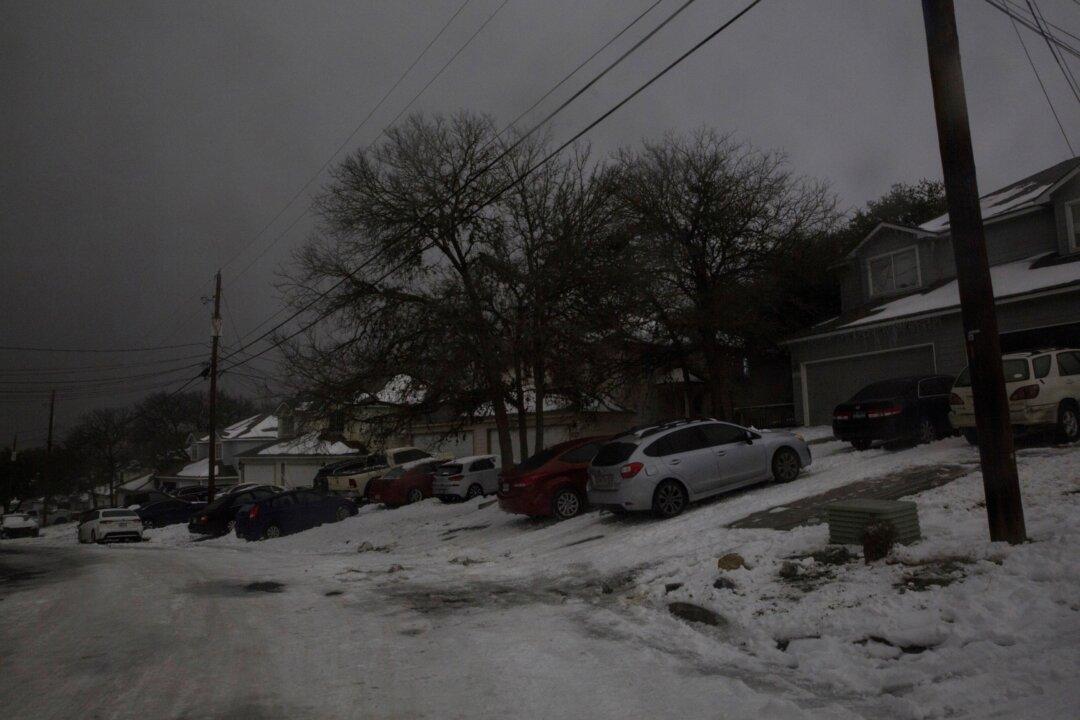The leader of the Texas House of Representatives on Tuesday signaled he would not support requiring the state’s grid operator to cut billions of dollars from electricity pricing during a cold snap that upended the state’s power market.
On Monday, the state Senate approved a proposal to order the state Public Utility Commission (PUC) to reduce electricity costs on power marketers during a February deep freeze. The proposal would reduce charges by about $5.1 billion including $900 million in fee cuts already approved by the PUC.





